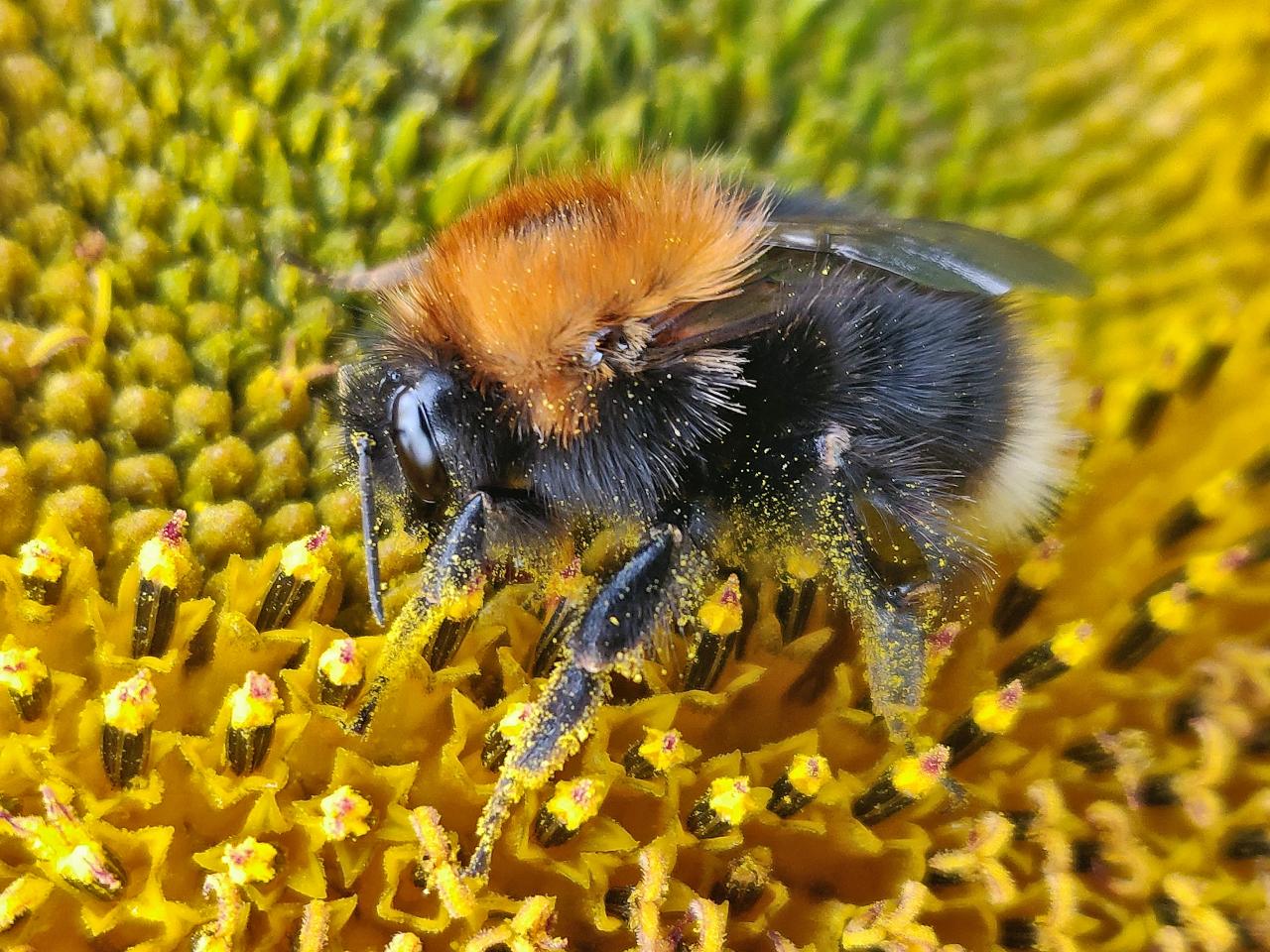If you’re looking for a natural way to fight the signs of aging, you may be wondering if bee pollen can help. Bee pollen is a substance that is collected by bees from flowers, and it is often used as a nutritional supplement.
Some people believe that bee pollen has anti-aging properties, but does the science support this claim? There is some evidence that bee pollen may have antioxidant properties.
Antioxidants are important because they help to neutralize harmful molecules called free radicals, which can damage cells and contribute to the development of chronic diseases like heart disease and cancer. A few studies have looked at the potential anti-aging effects of bee pollen specifically.
One study found that taking a bee pollen supplement for 12 weeks resulted in a decrease in the number of wrinkles and a reduction in skin roughness. Another study looked at the effects of bee pollen on aging in rats.
The rats that were given bee pollen had a significant increase in lifespan compared to the control group. While these studies suggest that bee pollen may have some anti-aging benefits, more research is needed to confirm these findings.
If you’re considering taking bee pollen for its potential anti-aging effects, be sure to talk to your doctor first to make sure it’s safe for you. You should also be aware that bee pollen may cause allergic reactions in some people.
Bee pollen is a natural substance that has been used for centuries to reverse the aging process. Bee pollen is rich in nutrients and antioxidants that help to repair damage caused by free radicals and environmental toxins.
Bee pollen also stimulates the production of collagen and elastin, which helps to reduce wrinkles and improve skin elasticity. Additionally, bee pollen contains hormones that can help to balance hormone levels in the body, resulting in increased energy and vitality.
Bee pollen is a nutrient-rich food that has been used for centuries as a natural remedy for a variety of ailments. Today, bee pollen is touted as a superfood that can boost energy levels, improve immunity, and promote overall good health.
What nutrients does bee pollen actually contain? Bee pollen is made up of a variety of different nutrients, including proteins, carbohydrates, vitamins, minerals, and enzymes.
One of the most notable nutrients in bee pollen is protein. Bee pollen contains all 20 of the amino acids needed by the human body, making it a complete protein source. In addition to protein, bee pollen also contains carbohydrates and essential fatty acids.
Vitamins and minerals found in bee pollen include vitamins A, B complex, C, and E, as well as calcium, magnesium, potassium, and zinc. Bee pollen also contains a variety of enzymes that can help with digestion.
While bee pollen does contain a wide variety of nutrients, it is important to remember that it is not a miracle cure-all. Bee pollen should be consumed as part of a healthy diet and lifestyle in order to experience the full benefits.
Bee pollen is available in many forms, including tablets, capsules, powders, and even liquid forms. It is important to know which form is best for you before taking it.
Bee pollen can be found in most health food stores or online retailers. While it is still unclear if bee pollen can actually reverse the signs of aging, the benefits of this superfood are vast and worth exploring.
Bee pollen contains over 20 amino acids, enzymes, B-complex vitamins, minerals, fatty acids, and antioxidants. All of these nutrients work together to improve overall health and well-being. If you’re looking for an easy way to get more nutrients in your diet, adding bee pollen may be a good option for you.

